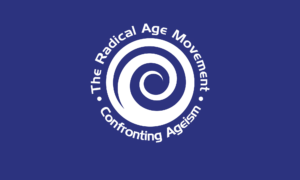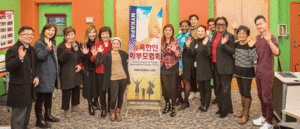How can you train someone to become an activist? In his autobiography The long haul, Myles Horton dedicates a whole chapter to creating islands of decency, where people can learn in such a way that they continue to grow. He links his personal beliefs, professional opinions, and experiences at the Highlander Research and Education Center to advise other educators on how to nurture activists. Horton describes many challenges, with one of them being, “To convince people who have been ignored or excluded in the past that their involvement will have meaning and that their ideas will be respected.” As a community organizer, I couldn’t agree more. The goal is not only to educate and to empower the people, but also to help them believe in the democratic system.
In order to create an environment where people can learn to continue to grow, Horton begins with the educator. He criticizes the tendency of most educators to either focus on either the present or the future. Instead, he suggests what seems like an impossible task – to simultaneously look at the people where they currently are and where they ought to be. His holistic approach to seeing the big picture and creating a balance between a realistic view of the present state and a hopeful view of future potential sounds ideal yet unrealistic. His justification for the holistic view is that the educative process must be organic, not an assortment of unrelated methods and ideas. Horton suggests that in order to foster personal growth, the educator must make sure the process is based on love for humanity and trust in the ability of people to control their lives eventually.
Horton also strongly criticized the way people have been “socialized by education.” We tend to rely too much on theories and thus limit ourselves. As community organizers and educator, we try to take a theory and put it into practice. Horton argues that we must focus on the learners so that they can flourish on their own. We must teach them “how” to think, ask, and put into action rather than “what.” We must practice and then look to theories, working bottom up. And if the practice does not fit the theory we must ponder on whether the theory is incorrect. Horton takes theories and practice to the next level and really challenges every educator to reflect on whether they were forcing a theory into practice. However, Horton’s arguments only work when the educator truly believes that people have the capacity within themselves to develop the ability to govern themselves.
Switching gears to the practice, Horton stresses two important concepts – nurturing a democratic society and teaching people to make their own decisions. In order to create an island of decency where people experience democracy, we need to think of it as a process instead of a method or technique. How can we give people the experience of democracy? Democracy as a real experience instead of a textbook concept is a long process that has many pieces. The foundation of this experience is social equity and freedom of speech. Therefore, while it is up to the learners to make the actual decisions, the educator or leader must create an environment in which every voice, even minority opinions, is expressed and considered. Horton advises us to consider even decisions that seem completely crazy because they may grow into non-crazy decisions later on. Once a decision has been made, we must encourage the learners to try out the ideas, act on them, and push boundaries. But most importantly, we must demonstrate by making our own decisions and following through with action. Horton’s views are certainly insightful and eye-opening for any community organizer. However, it is also very complex and challenging.







